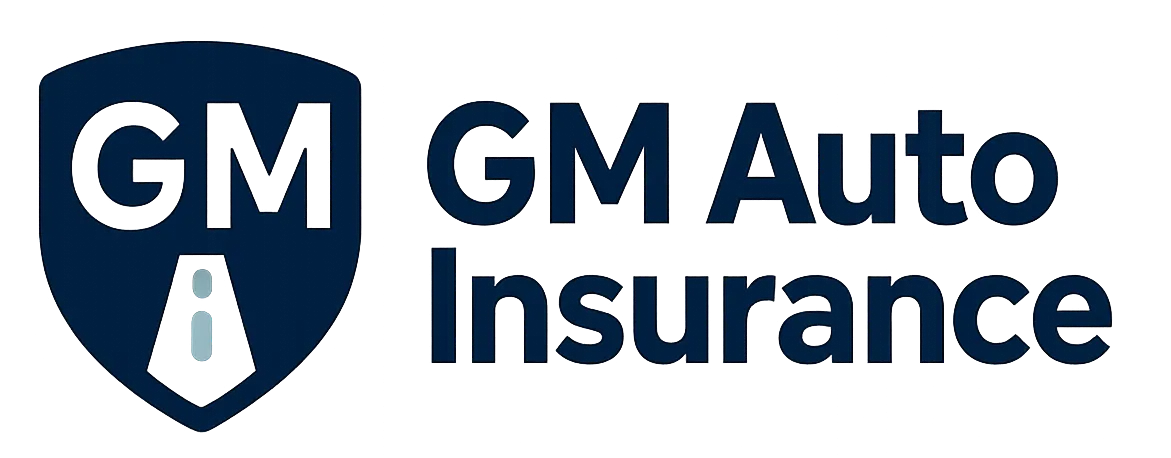Explore Comprehensive Auto Insurance Coverage
Discover the Right Coverage for Your Needs
Navigate the complexities of auto insurance with ease. Our comprehensive guide helps you understand the various coverage options available, ensuring you make informed decisions for your vehicle’s protection.
Secure Your Peace of Mind with the Right Coverage
Understanding Auto Insurance Coverage
The Importance of Comprehensive Coverage
Auto insurance is essential for protecting yourself, your vehicle, and others on the road. Different coverage types offer varying levels of protection, from liability to full coverage, each serving unique needs and circumstances. Understanding these options is crucial for making informed decisions that safeguard your financial well-being.
With the right coverage, you can drive with confidence, knowing you’re protected against unforeseen events. Whether you’re a new driver or looking to update your policy, exploring your options can lead to significant savings and enhanced security.
Explore Our Coverage Options
Comprehensive Coverage Types
Detailed Coverage Insights
Your Guide to Auto Insurance
Common Exclusions in Auto Insurance
Auto insurance policies often have exclusions that limit coverage. Understanding these exclusions can help you avoid unexpected costs. Common exclusions include intentional damage, wear and tear, and using your vehicle for commercial purposes without proper coverage.
Does my policy cover intentional damage?
No, auto insurance policies typically do not cover intentional damage caused by the policyholder. Such acts are considered fraudulent and are excluded from coverage.
Are wear and tear covered under my policy?
Wear and tear are generally not covered by auto insurance. These are considered normal maintenance issues and are the responsibility of the vehicle owner.
Is commercial use of my vehicle covered?
Standard auto insurance policies do not cover vehicles used for commercial purposes. You will need a commercial auto insurance policy for business-related use.
Does my policy cover racing or speed testing?
Most auto insurance policies exclude coverage for vehicles used in racing or speed testing events. Such activities are considered high-risk and require specialized insurance.
Are aftermarket modifications covered?
Aftermarket modifications are often not covered unless specifically added to your policy. It’s important to inform your insurer about any modifications to ensure they are covered.
Explore Our Coverage Options

Who Needs Auto Insurance Coverage?
Auto insurance is essential for anyone who owns or operates a vehicle. It provides financial protection against accidents, theft, and other unforeseen events. Liability coverage is mandatory in most states to cover damages you may cause to others. Comprehensive and collision coverage are recommended for those who want to protect their own vehicle. Specialized policies, like SR-22 or non-owner insurance, cater to specific needs such as high-risk drivers or those who frequently rent cars.
Auto Insurance FAQs
Auto insurance can be complex, but understanding the basics can help you make informed decisions. Here are some common questions we receive at GM Auto Insurance.
What is liability insurance?
Liability insurance covers damages you are legally responsible for in an accident, including bodily injury and property damage to others. It is required by law in most states.
How does comprehensive coverage work?
Comprehensive coverage protects your vehicle from non-collision-related incidents such as theft, vandalism, and natural disasters. It is optional but recommended for full protection.
What is an SR-22 and who needs it?
An SR-22 is a certificate of financial responsibility required for high-risk drivers. It proves you have the minimum required insurance coverage after certain driving violations.
Can I get insurance if I don't own a car?
Yes, non-owner car insurance is available for individuals who frequently rent or borrow vehicles. It provides liability coverage without owning a car.
What factors affect my insurance premium?
Several factors influence your insurance premium, including your driving record, age, location, type of vehicle, and coverage limits. Maintaining a clean driving record can help lower your rates.
Ready to Get Started?

